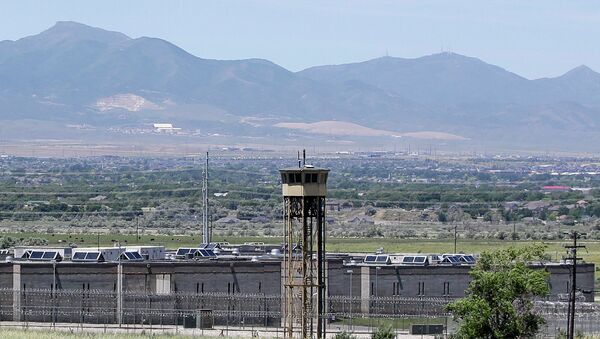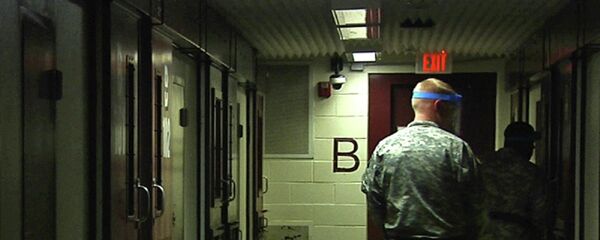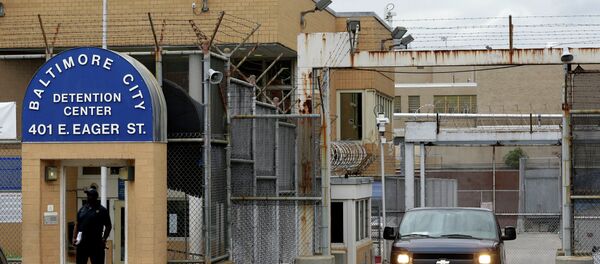In a statement issued Monday, the Utah chapter of the American Civil Liberties Union said 42 prisoners have refused food since July 31.
"The ACLU of Utah supports the striking prisoners in their requests for relief from specific conditions they and their fellow prisoners face," the ACLU said.
The prisoners, who have been branded violent, are housed in what is referred to as the Special Threat Group (STG). The inmates, all documented gang members, say they spend 47 of 48 hours in cells
"Most of these folks are going to be coming out and released into society again," said John Mejia, of the Utah ACLU. "If you are sending someone back into the community after years of isolation and no programming and a lot of difficult conditions, it feels in a lot of ways that you're not setting up that person for success."
The prisoners are also denied access to rehabilitative or educational programs, and cannot take part in the facility's work program.
"We have nothing in here … how are we supposed to better ourselves when we can't get any programming?" one STG prisoner wrote in a letter to the ACLU.
On Friday, the 42 inmates handed over to prison officials a letter containing six demands; chief among them was the call for the relocation of a number of gang members within the prison, the LA Times reported.
Prison officials say some of the demands were under consideration before the hunger strike began.
Since Friday, some of the 42 men have accepted juice packets or been seen eating food purchased from the commissary, prison spokeswoman Brooke Adams said in a statement to the Salt Lake Tribune.
Medical staff tried to conduct exams Monday, but all of the strike participants refused to be weighed and all but one refused to meet with a nurse, Adams added.
Two inmates with known medical conditions are being closely monitored, and each inmate has received a fact sheet about potential health effects of fasting, the Tribune reported.




